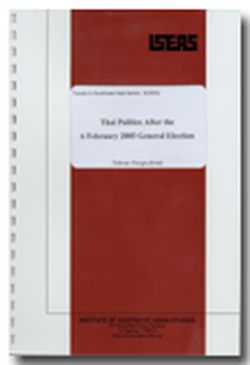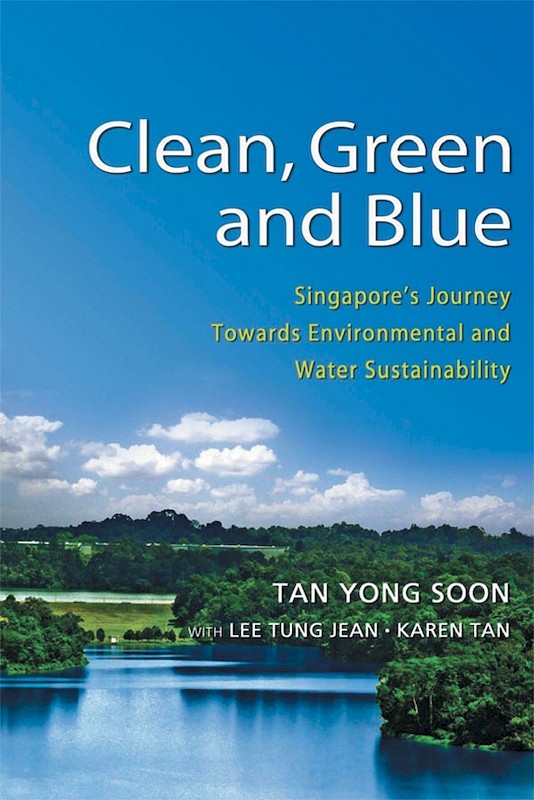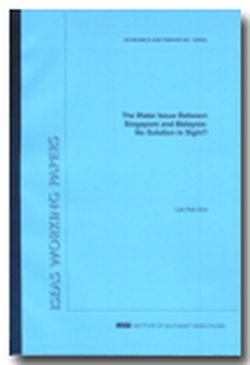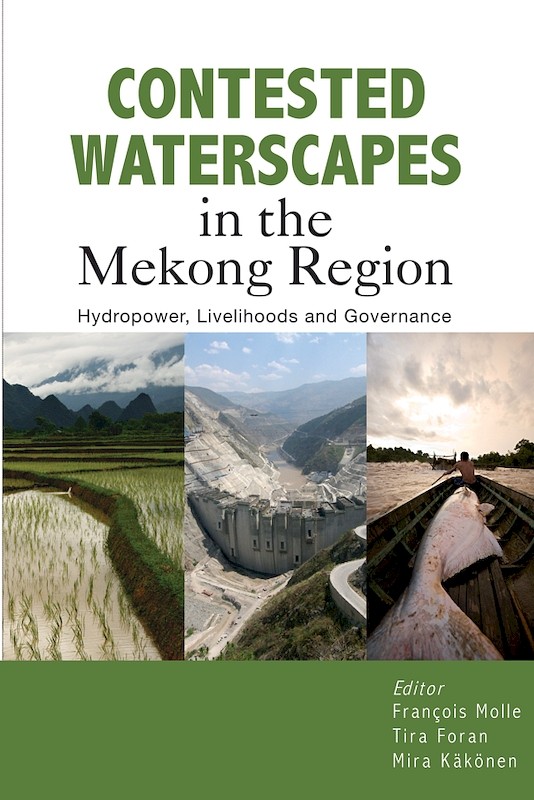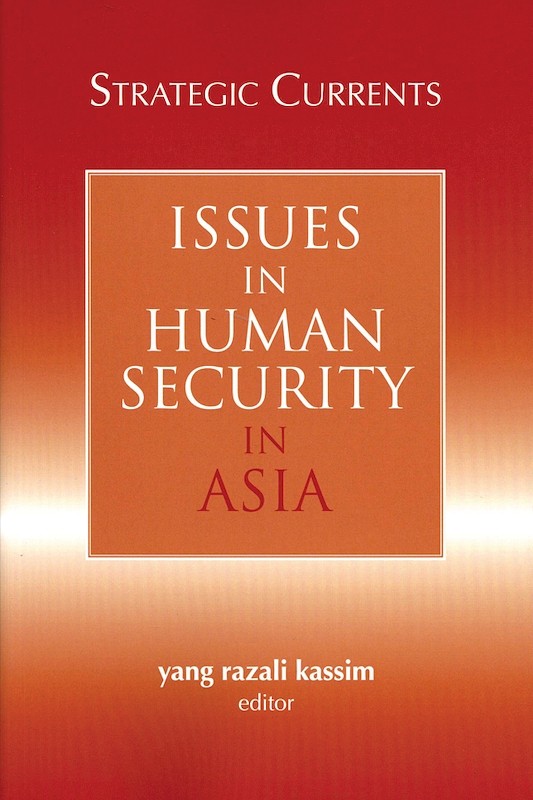Water Issues in Southeast Asia: Present Trends and Future Direction
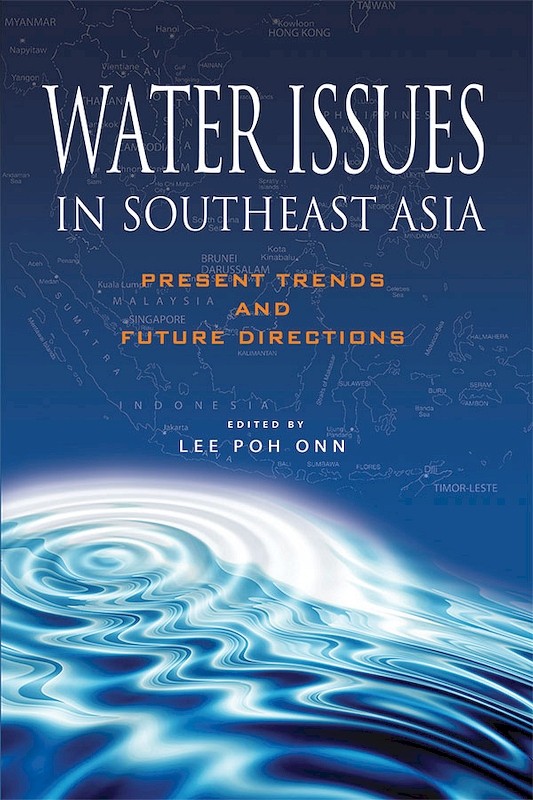
Lee Poh Onn, editor
Date of publication:
2012
Publisher:
Institute of Southeast Asian Studies
Number of pages:
341
Code:
EDS14
Soft Cover
ISBN: 9789812309822
Reviews
"The global freshwater scarcity crisis is too often and too simplistically conceptualised as one of environmental shortcomings, requiring hydroengineering solutions that address only the supply side of the problem. It is therefore refreshing that Water Issues in Southeast Asia conveys a more sophisticated understanding of water scarcity. Water Issues in Southeast Asia arose out of a forum on regional water issues held at the Institute of Southeast Asian Studies, in Singapore, in late 2005. The papers presented have been subsequently updated and revised for publication.... some chapters are thoroughly referenced, elegantly written, and make sound, original arguments .... The book provides a good synopsis of water-sector governance in Southeast Asia and holds some important lessons for policymakers, while its numerous tables, figures, information boxes, and photos provide a useful reference" (Bulletin of Indonesian Economic Studies).
About the publication
Water has been dubbed the "oil of the 21st century" because of its increasing global scarcity. In Southeast Asia, water resources have been strained by the greater demand from different sectors such as agriculture, industry and domestic users. This situation is only likely to worsen in the future if active measures are not taken now. Is there a standard framework that can be adopted to promote cooperation in the use of water among countries? Could clearer institutions in river basins provide the backdrop for a more effective water management strategy in Southeast Asia? Does private sector involvement or privatization resolve some of the "public good" woes of water management? How does a sense of security and ownership enhance sustainability measures in a country? How have civil groups been able to promote effective water management in a country? How have water shortages been overcome in a predominantly urban city state? How have water pollution problems been resolved? Is there a potential for water conflicts in the years to come? What are some of the issues involved in sustainable watershed management?This publication draws from regional and country studies of the Mekong Basin, Malaysia, Indonesia, Singapore, Thailand and the Philippines to understand the political and socio-economic dynamics involved in water management. It is a must read for anyone interested in water management issues in the region, understanding the past and present and also looking to future trends.
Contents
-
Water Issues in Southeast Asia: Present Trends and Future Direction
[Whole Publication, ISBN: 9789812309839] -
Preliminary pages
-
1. Introduction, by Lee Poh Onn, Ng Boon Yian, authors
-
2. China and the Potential for Conflict over Water Among Eurasian States, by Michael Richardson, author
-
3. River Basin Agreements as Facilitators of Development, by Chris Perry, author
-
4. Privatization of Water Services via Public-Private Partnership and Implications for Southeast Asia, by Eric Teo Chu Cheow, author
-
5. Indonesia's Water Management Reform, by Budhi Santoso, author
-
6. Water Resource Management Issues in Malaysia, by Salmah Zakaria, author
-
7. Privatization Issues in Water Supply in Malaysia, by Syed Danial Syed Ariffin, author
-
8. Troubled Waters: Rehabilitating the Pasig River, the Philippines, by Donovan Storey, author
-
9. The Privatization of Water Services in Metro Manila: Lessons from a Mixed Outcome, by Lorraine Carlos Salazar, author
-
10. Singapore's Experience in Water Resource Management, by Wong Kai Yeng, author
-
11. Thailand's Water Sector: Overview and Implications, by Sukontha Aekaraj, author
-
12. Water Resources and Issues Concerning Substainable Watershed Management Practices in Vietnam, by Le Dinh Thanh, author
-
Index

